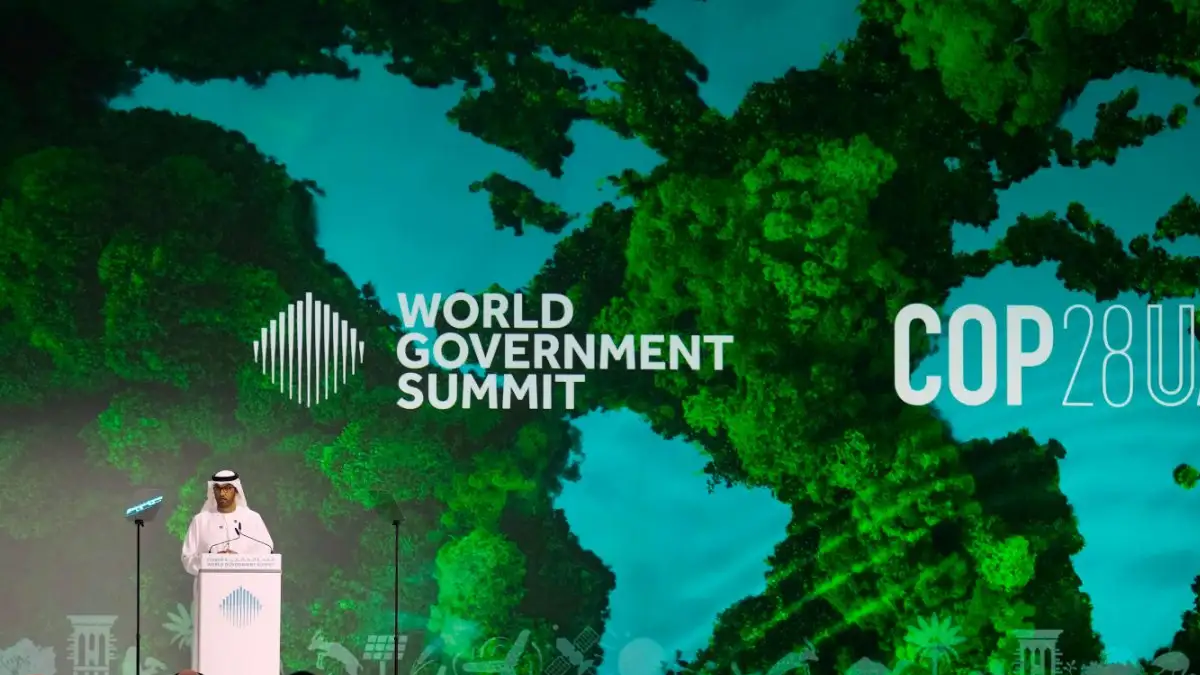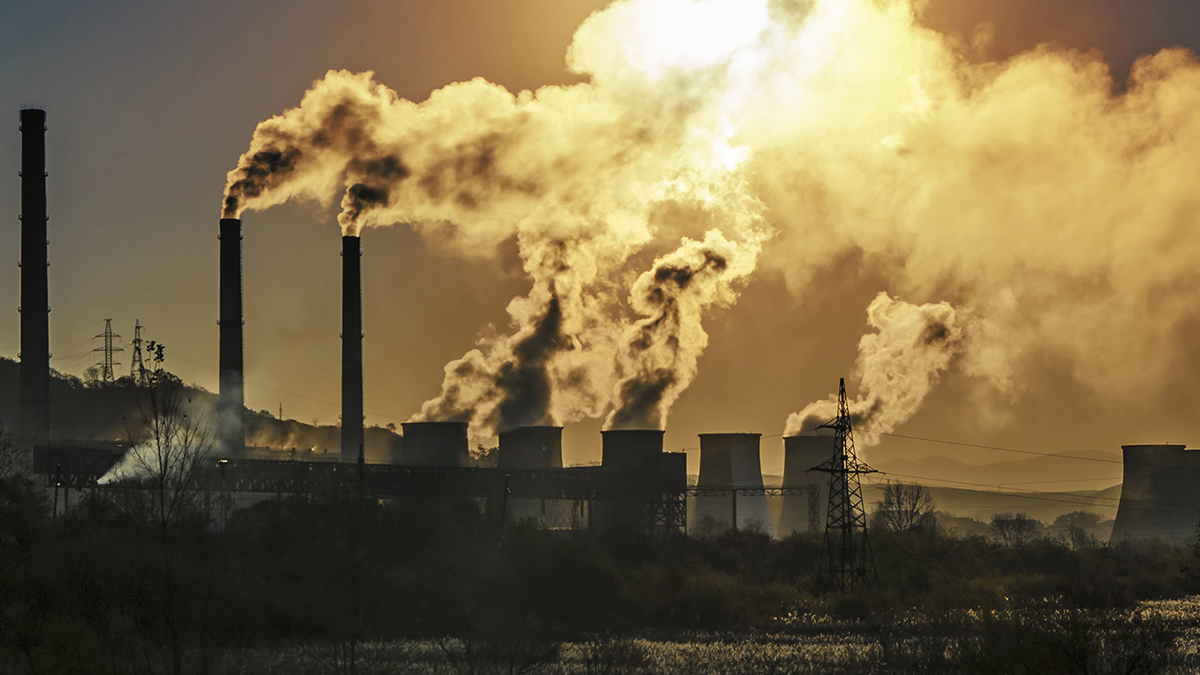Now Reading: COP28 Shocking Outcomes: Climate Hopes Raised or Dashed?
-
01
COP28 Shocking Outcomes: Climate Hopes Raised or Dashed?
COP28 Shocking Outcomes: Climate Hopes Raised or Dashed?
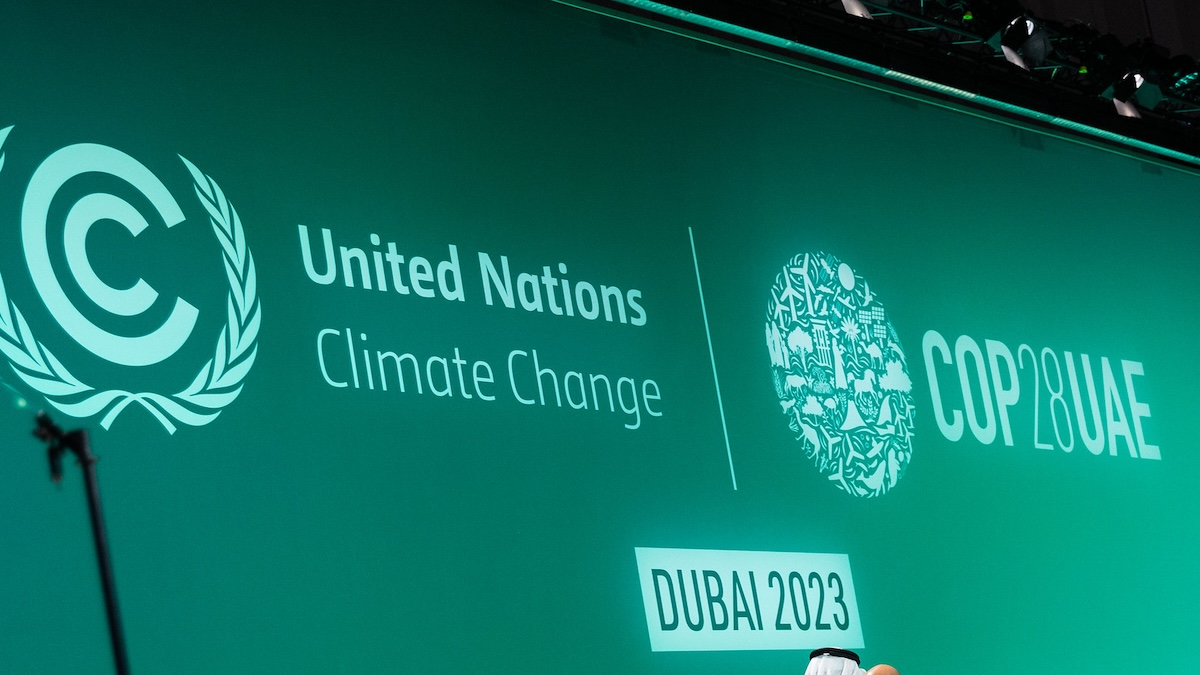
Table of Contents
The 28th Conference of the Parties (COP28) to the United Nations Framework Convention on Climate Change (UNFCCC) concluded recently in Dubai, United Arab Emirates, after two weeks of intense negotiations among world leaders, environmental activists, business heads, and scientists.
The meeting was seen as a crucial moment for global climate action, especially after recent reports showing that the world is not on track to meet the goals of the Paris Agreement, which aims to limit global warming to well below 2°C, preferably 1.5°C, compared to pre-industrial levels.
So, what exactly came out of COP28? Did it bring hope or disappointment? Let’s break it down.
1. First-Ever Global Stocktake: Where Does the World Stand?
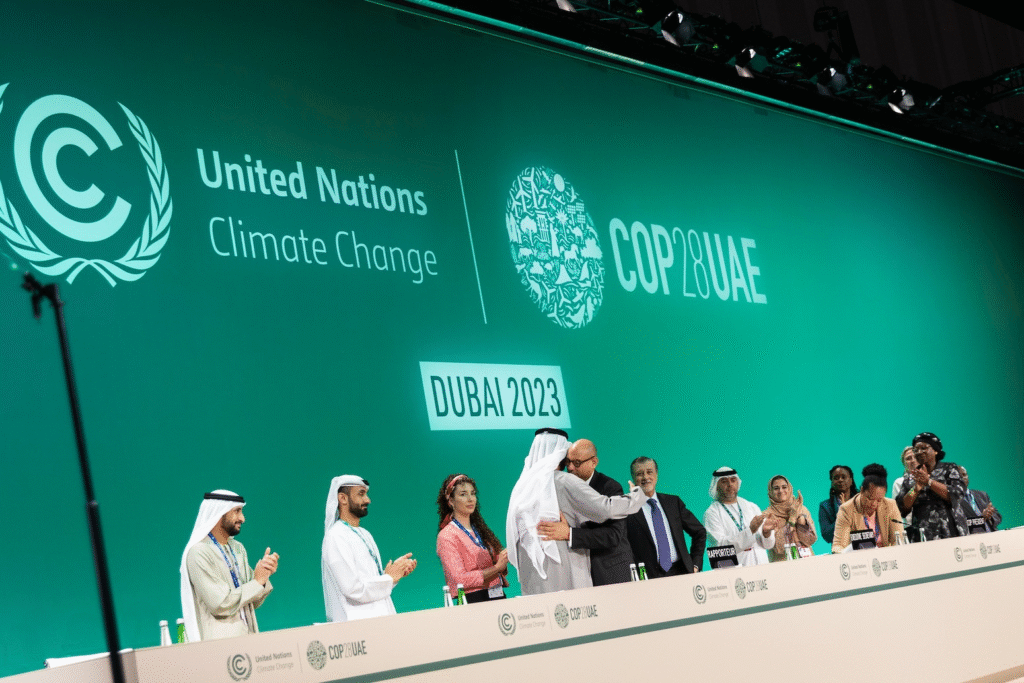
For the first time since the Paris Agreement was signed in 2015, countries officially completed a process called the Global Stocktake (GST).
This Stocktake report was blunt:
- The world is not doing enough.
- Current policies are likely to cause warming of around 2.5°C to 2.9°C by 2100.
- Drastic cuts in greenhouse gas emissions are needed this decade to stay within safer limits.
The GST made one thing clear: nations must urgently phase out fossil fuels, scale up renewable energy, and boost climate finance to poorer countries.
2. A Historic Mention of “Phasing Out Fossil Fuels”
One of the biggest wins – and controversies – of COP28 was the mention of fossil fuels in the final text.
For nearly three decades, global climate agreements avoided directly naming coal, oil, and gas – the key causes of climate change. But this time, after much debate, the final agreement called for:
- “Transitioning away from fossil fuels in energy systems”, in a just and orderly manner.
- Tripling renewable energy capacity by 2030.
- Doubling energy efficiency improvements this decade.
However, some criticized the text for being too weak, as it did not include the term “phase out”, and left loopholes that allow continued fossil fuel use under certain conditions.
3. Climate Finance: A Mixed Outcome
A major demand from developing countries was more money to deal with the climate crisis.
At COP28:
- The long-promised $100 billion per year climate finance goal (from rich to poor nations) was confirmed but still not fully delivered.
- A new fund for Loss and Damage – to help vulnerable countries cope with floods, droughts, and sea-level rise – was officially launched, with initial pledges of around $700 million.
But this amount is far below the actual need, estimated at hundreds of billions per year.
4. Methane and Deforestation: More Promises Made
Countries also agreed to tackle other major climate problems:
- Over 50 oil and gas companies signed a pledge to cut methane emissions – a powerful greenhouse gas – by 75% by 2030.
- More than 140 countries promised to halt and reverse deforestation by 2030.
But many environmental groups warned that these pledges are voluntary, with no clear penalties if nations fail to act.
5. Voices from the Global South: A Demand for Justice
For the first time, the voices of small island nations, African countries, and other vulnerable regions were louder and clearer.
These nations demanded:
- More adaptation funding to protect their people from floods, storms, and drought.
- Faster delivery of promised finance from wealthy nations.
- Accountability from rich countries and fossil fuel companies that have caused most of the emissions.
However, many of these demands remain unmet or underfunded, creating frustration among the most climate-affected populations.
6. Criticism: Is COP28 Enough?
Environmental activists and youth groups were quick to point out the gaps in the COP28 outcome:
- The final text allows for “carbon capture and storage” technologies, which critics say could let fossil fuel companies continue business as usual.
- There is no strict deadline to end fossil fuel use, only a general call to transition away.
- Climate finance remains far below what developing countries need.
Greta Thunberg and other climate activists called the outcome “too little, too late.”
7. Hopeful Signs: A New Direction?
Despite the disappointments, some observers say COP28 marks a turning point:
- Fossil fuels were finally named and targeted in a UN climate deal.
- The idea of a renewable energy revolution gained global support.
- Loss and Damage funding, though small, was officially launched.
UN Climate Chief Simon Stiell said:
“The era of fossil fuels is ending – it’s just a matter of how soon and how fair this transition will be.”
8. What Happens Next?
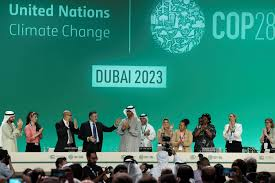
The real test will be whether countries actually deliver on their promises:
- Will governments cut emissions faster by 2030?
- Will rich nations provide enough finance and technology?
- Will private companies stop investing in fossil fuels and switch to clean energy?
All eyes are now on COP29, set for Baku, Azerbaijan in 2025, where nations must submit stronger climate action plans, known as Nationally Determined Contributions (NDCs).
Conclusion: Progress Made, But Not Enough Yet
COP28 made history by finally addressing fossil fuels and launching new climate finance tools. But the outcomes left many unsatisfied, especially the world’s poorest and most vulnerable countries.
As the world faces increasing floods, fires, heatwaves, and storms, the pressure on governments, businesses, and communities will only grow.
The clock is ticking. Real action must follow these words – and soon.
Read More:- Shobha Realty Launches Its Most Luxurious Project Yet—Full Details Inside 2025



